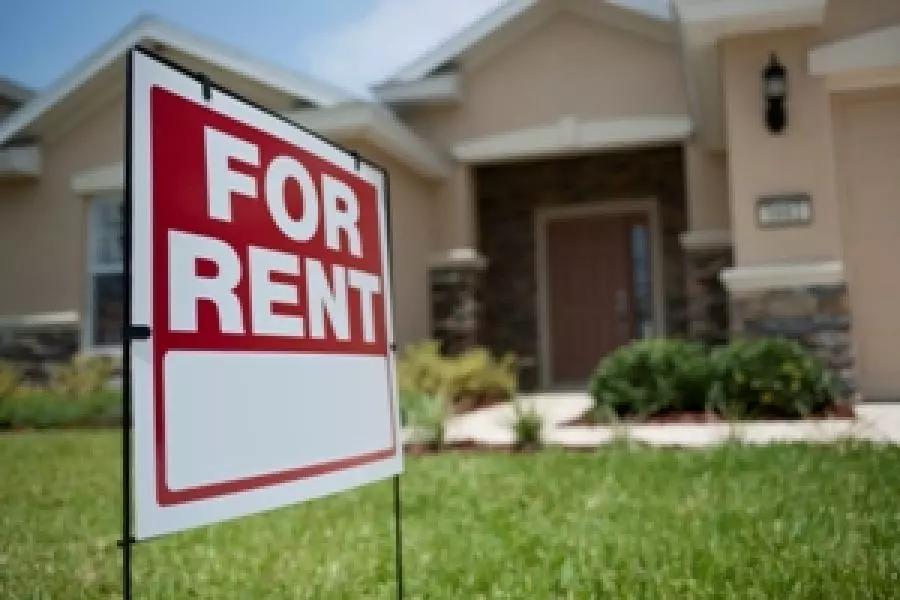News
Rent rises could contribute to more inflation

Friday 23rd of September 2022
More than 70% of landlords responding to the latest Tony Alexander/Crockers Investor Insight survey say they will raise rents in the next six months. This is up from 65% last month.
Landlords are targeting an average rent increase of just over 5%. Proposed rent increases have dropped by about 1% since March when landlords were looking at a rise of more than 6%.
Independent econo...
Want to read the full article?
Click the button below to subscribe and will have unlimited access to full article and all other articles on the site.






![[The Wrap] Bye Bye Bayly](https://goodreturns.publit.io/file/c_fill,w_900,h_600/39f23ac1-f7c7-4854-b700-a150004ebbac.webp)


